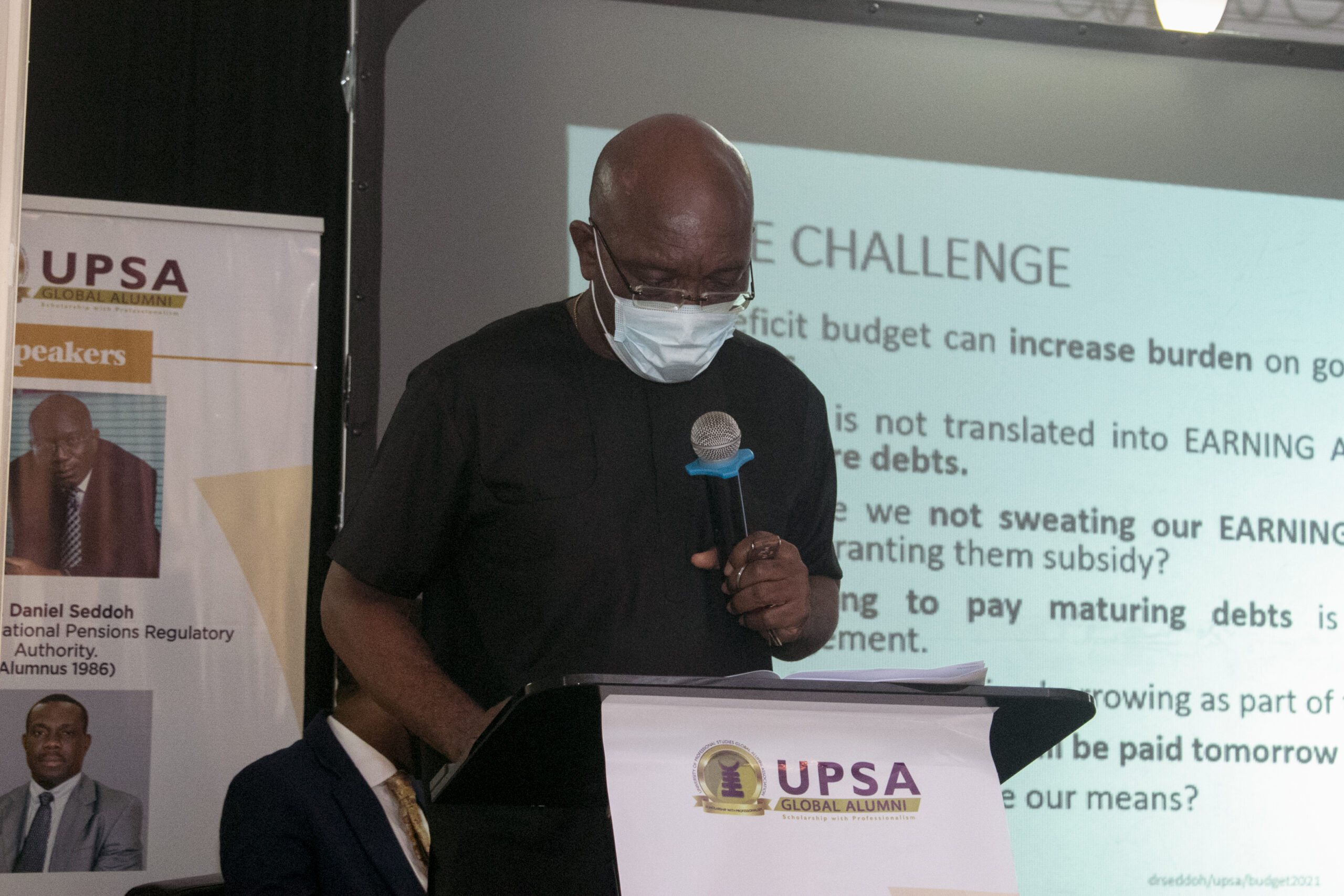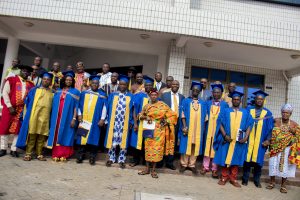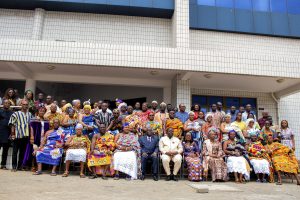A Chartered Accountant and former Chief Executive Officer of the National Pensions Regulatory Authority, Dr Daniel K. Seddoh, has charged the government to desist from borrowing to pay mature debts because that is not the solution to debt management.
He made these remarks at the maiden edition of the University of Professional Studies, Accra (UPSA) Global Alumni Association Symposium on the 2021 Budget themed “Ghana’s 2021 Budget: Issues, Challenges and Solution”.
Explaining the challenges of the 2021 budget, Dr Seddoh wondered if we should see borrowing as part of the national cake adding that “today’s free lunch will be paid tomorrow”.
He commended the government for chalking success in 2020 in some areas regarding the “Positive performance in 2020 for Corporate Income Taxes, Excise Duty, VAT, NHIL, GET Fund, Self-Employed, Communication Services Tax and Mineral Royalties” and the good level of general compliance observed in the 2020 year review on taxes on goods and service.
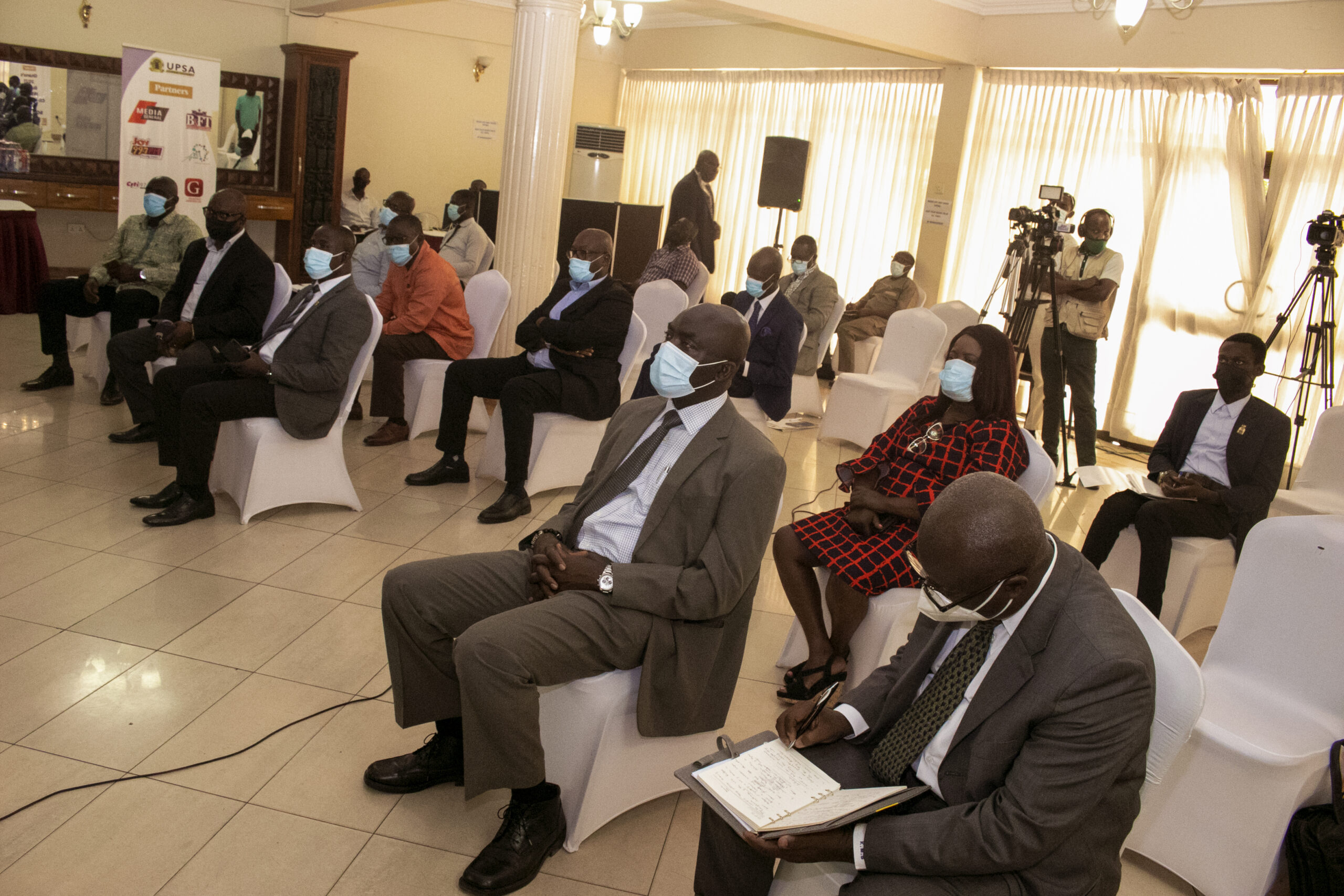
He, however, observed that in 2020, SSNIT’s contribution to the NHIL and the Energy Sector Levies failed to reach the target.
Based on this he believes prudent measures must be adhered to in the execution of the 2021 budget.
Touching on the new taxes introduced, Dr Seddoh explained that the 1% increase in NHIL and VAT flat rate is “going to have an impact on businesses since the NHIL is going to increase from 2.5% to 3.5% and the VAT Flat Rate from 3% to 4%”.
According to him, business owners will have no option other than to pass these taxes over to the consumer and the consequence is that the consumer’s purchasing power and consumption reduces. Hence, the “potential to save reduces and capital building for investments affected” and “the cycle of Deficit Budget will continue.”
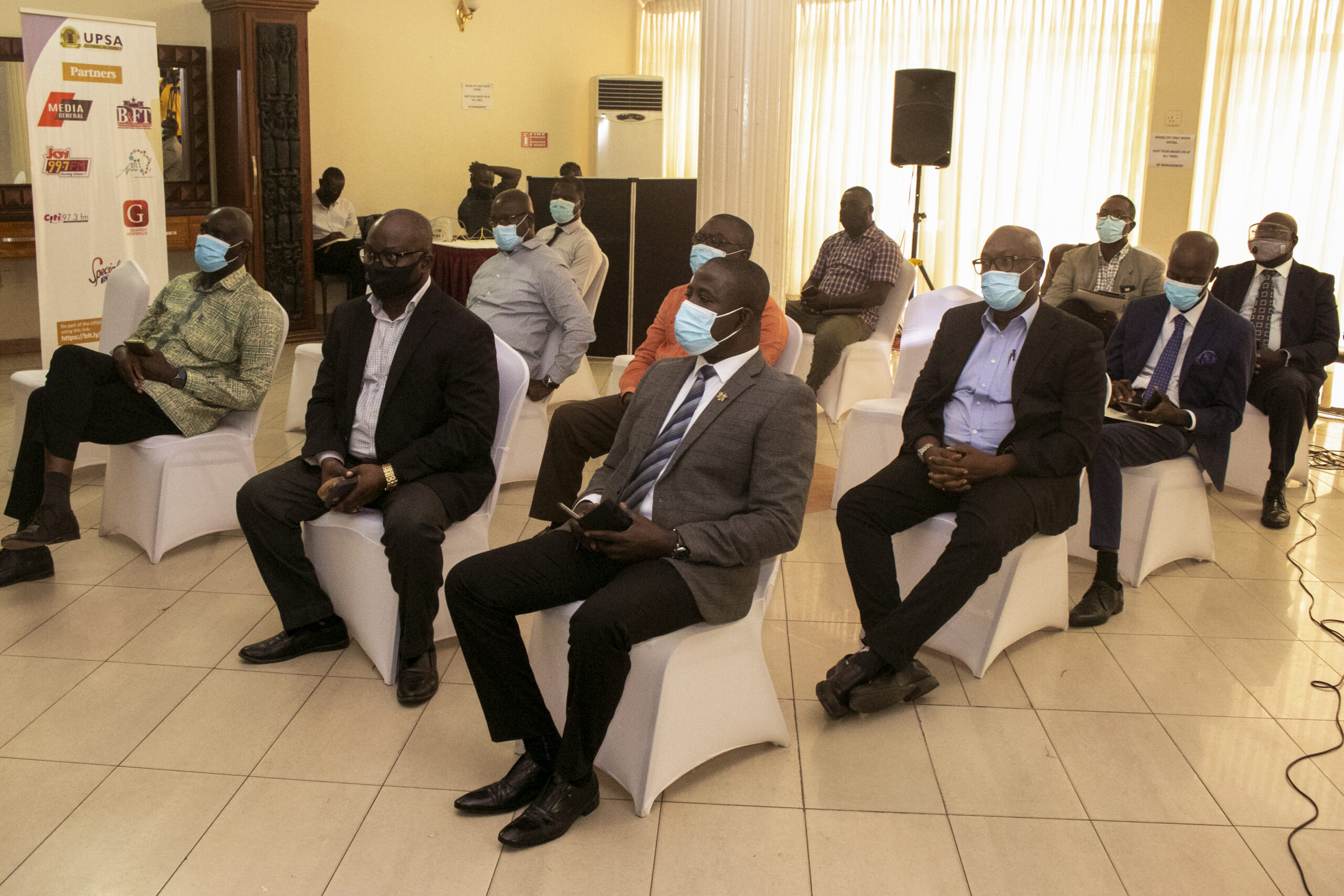
Whiles commending the government on the introduction of the sanitation and pollution levy, he took issues with the Energy Sector Recovery Levy. The 20 pesewas per litre on petrol/diesel he argues will “unintendedly fuel a highly inefficient transport system”.
To get out of this conundrum, Dr Seddoh suggested that government must focus its attention on fashioning out efficient ways of producing cocoa, linking free SHS to agriculture by setting up farms and parents who work on these farms should have their wards educated for free till the University, set up mass transit systems that are efficient and managed properly as profit ventures.
He added that the government should encourage discipline and avoid borrowing for consumption but instead borrow to own productive assets. The government should develop trustworthy and reliable financial systems and capital market as well as encourage the use of solar by making it affordable.
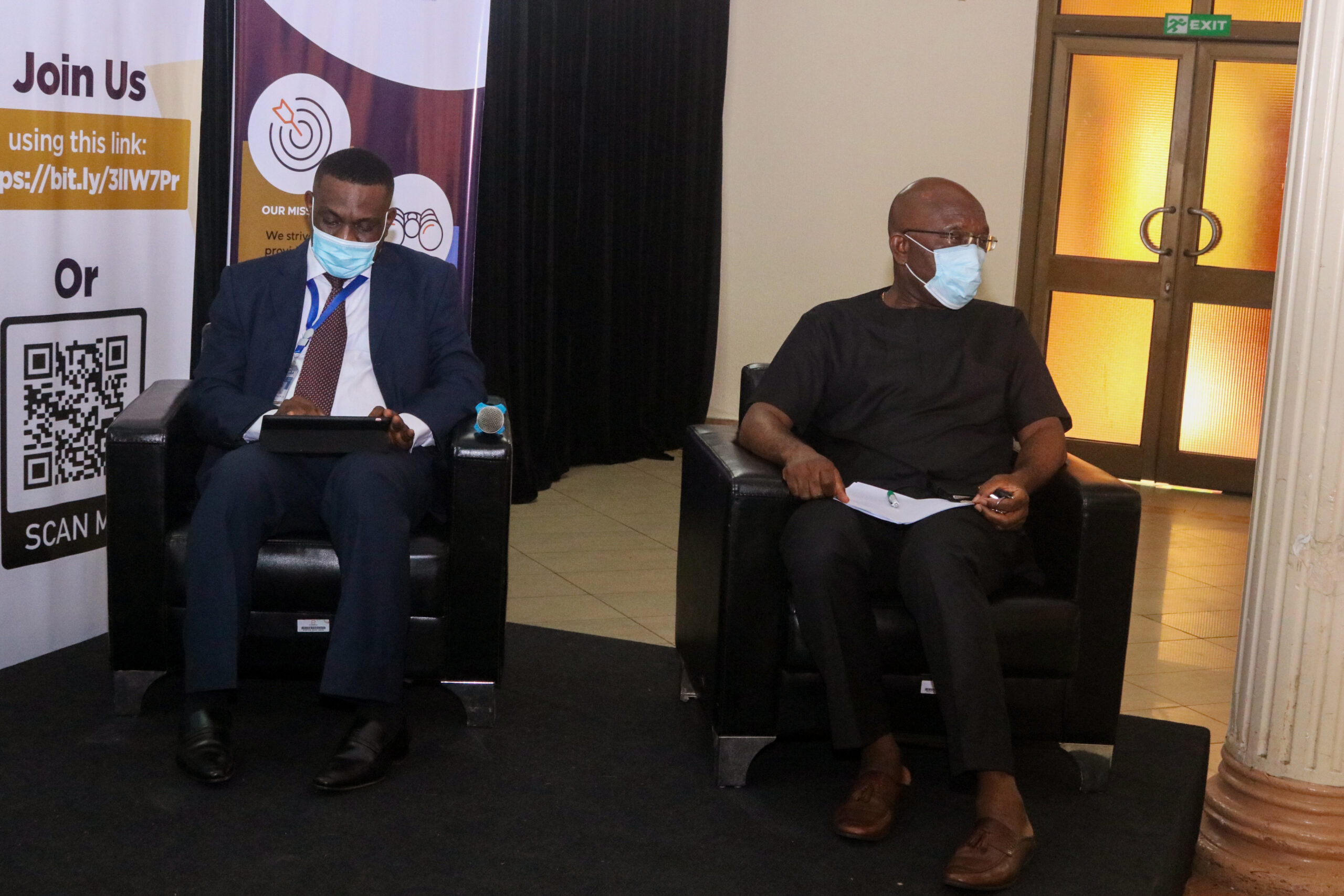
On his part, the Director-General of the Internal Audit Agency, Dr. Eric Oduro Osae, has admonished Ghanaians to take advantage of the Business Regulatory Reforms (BRR) Programme that is fashioned to turn Ghana into the most business-friendly country in Africa by end of 2021. “The programme is to ensure that the laws and administrative rules that businesses are required to comply with are based on sound economic principles which enable them to compete and function effectively as “engines” of economic growth”.
He also tasked citizens and businesses to the advantage of the online Electronic Registry, e-Government Network Infrastructure, and “the capacity building and the awareness creation arrangements on cybercrime for children, the public, businesses, and Government to improve awareness and business exposure to cybersecurity “
The UPSA Global Alumni Association brought together over 30,000 members — both home and abroad to discuss the 2021 Budget.
The objectives of the symposium were to contribute effectively to the national discourse on the economy, proffer alternative solutions by presenting different perspectives to Government, mobilize and strengthen the Alumni base, and to launch the Global Alumni Website.
Source: Richard Abayeta Abugre/Modernghana.com

